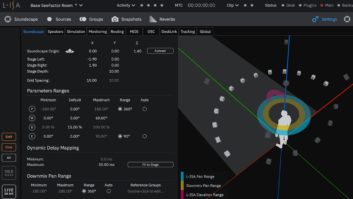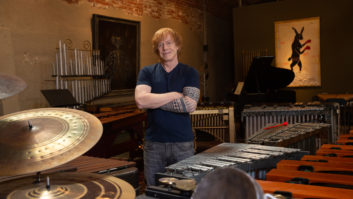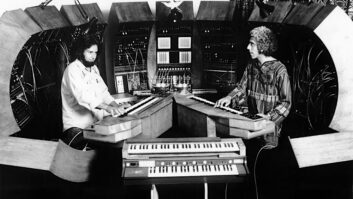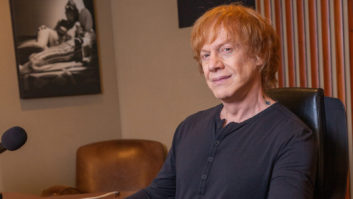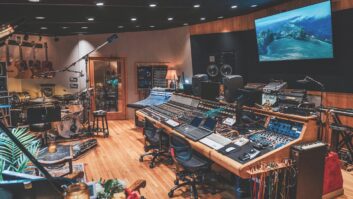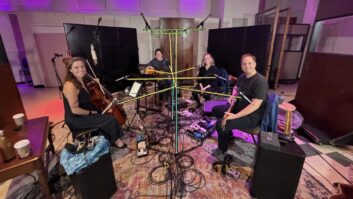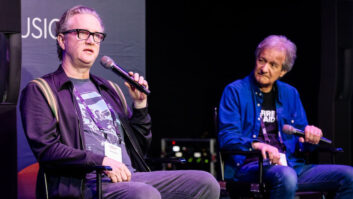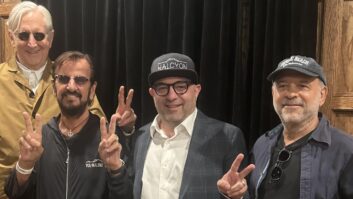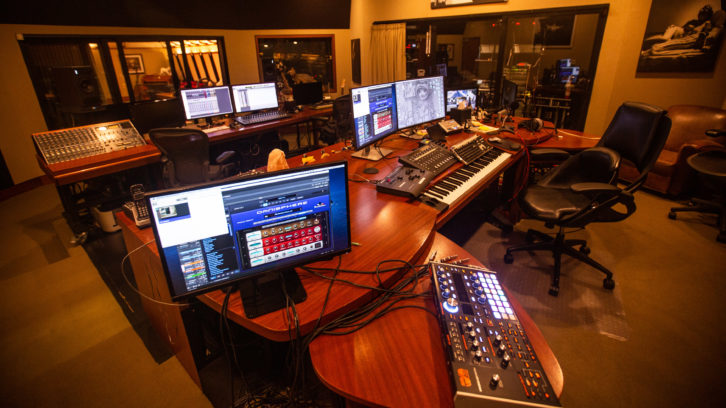
Mix sat down with film composer/recording artist Danny Elfman to discuss his new album, Big Mess, and much more. In Part 2, he recounts his transition to film composition. Don’t miss Part 1: Creating A ‘Big Mess.’
I understand that the musicians you worked with had to come to the studio one at a time because of COVID protocols.
Yeah, it was crazy. While Josh was in playing drums, Stu, the bass player, was quarantining. Josh would finish, and then I’d have to quarantine for a couple of days and get tested before I could go back to my family. Then I would go back when it was time to record Stu. Then another 48-hour quarantine, test results, boom. While Stu was in, Robin is quarantining. It was very challenging, but then everything was challenging.
I saw a quote from you about Big Mess where you said one of your goals was to use orchestral strings in an “aggressive” way. What does that mean, and how did you make that happen?
That came from a concept that I had been mulling over that I pitched a year earlier to a festival called Dark Mofo, a winter music and arts festival in Tasmania, Australia. It started with the song “Sorry,” which at that point was just a long instrumental piece that was written for rock band, strings and female voices. I didn’t know what to call it then, so, grasping for a description, I called it “chamber punk.”
“Sorry” was the first song that I wrote for Big Mess. I’d been rehearsing for Coachella, so the feel of a guitar was fresh in my fingers, and guitar-based, energetic music just came out, along with the idea of combining a rock band with strings. Generally, strings are used more for embellishment and color in a song, but I was hearing the strings as an engine.
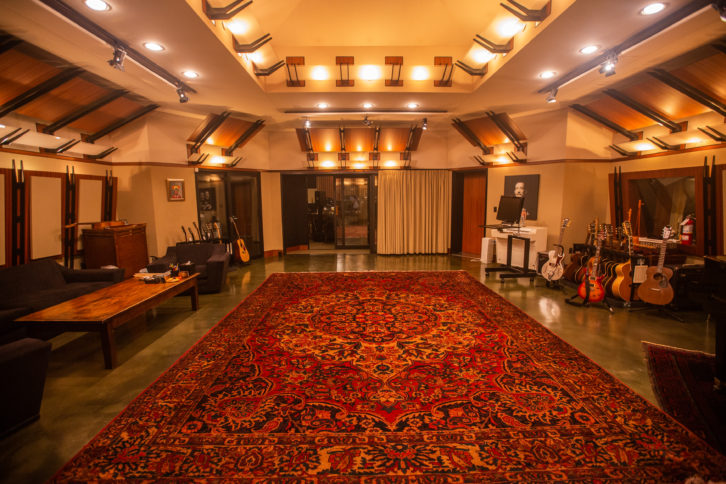
What role does your studio play in the process of scoring for film or TV?
The studio is my command center. That’s where I lay down as completely finished-sounding pieces as I’m capable of. When directors come in to listen, they need to hear what the music is going to sound like. The director is involved with every note and every bit of the orchestration, the sound, the feel, the depth.
So you really have to put a lot of work into it, and that’s what I do in my studio. I record all my own percussion, synths, guitars, bass, drums—or sometimes a whole ensemble at once. But for the full orchestra, of course, I’m going to go into one of the big rooms that fit 75 or more people comfortably.
How did you make the transition into film composing to begin with? Was it difficult?
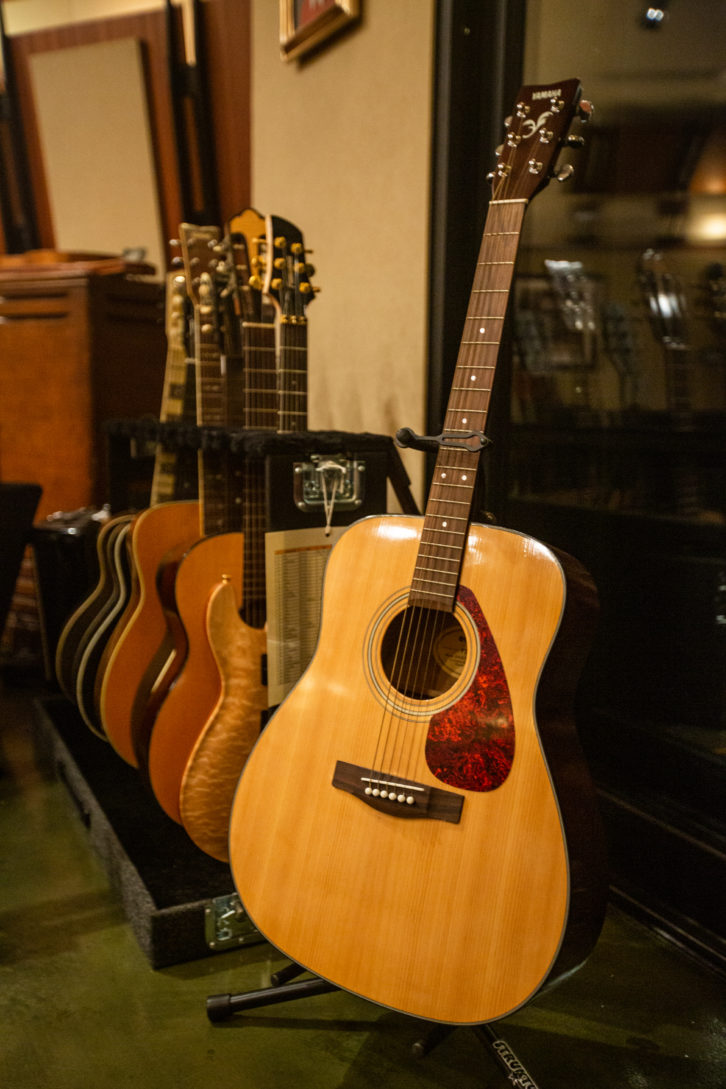
It was and it wasn’t. I was definitely not welcomed when I came in. There was such a wave of hostility. But on the other hand, it was basically handed to me by Tim Burton and Paul Reubens. Suddenly they were saying, “Would you do this Pee Wee movie?” I was always a big fan of film music, but it never occurred to me before then that I should do that.
The closest analogy I can offer is, say you live in Los Angeles and you grow up watching Laker games. You always see certain people at courtside. Jack Nicholson, for example, is always there. So imagine that somebody gets injured on the court and they throw the ball to Jack. That’s kind of what it was like for me. I was the guy sitting courtside happily. Then suddenly the ball’s thrown at me: “Here!”
But when you come from a rock band, it’s assumed you don’t know what you’re doing. I even said in one of my early interviews that I had no musical training. So of course, people were hostile, but I just used that negative energy to fuel me through those first 10 years. Even while I was writing, I would be thinking, “Oh, yeah? Check this out, motherf—ker!” That hostility actually helped me.
